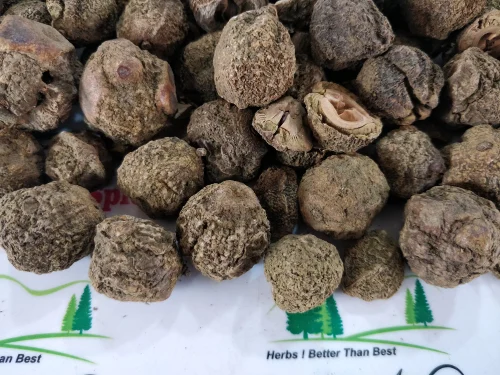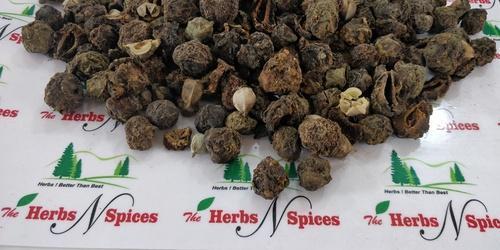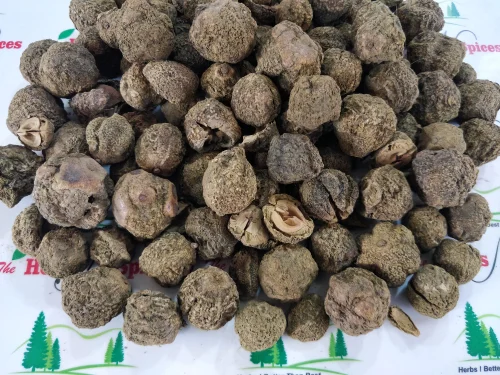Amla Whole Dry – Awla – Indian Gooseberry
₹40.0
Product Details:
| Minimum Order Quantity | 50 Kilogram |
| Packaging Size | As Per Customer Specification |
| Packaging Type | Polythene Bag |
| Botanical Name | Phyllanthus Emblica |
| Moisture | Dry |
| Shelf Life | 24 Months |
| Color | Greenish Black |
| Is It Dried | Dried |
| Purity | 100% |
| Brand | Sinhal |
| Organic |
Yes |
- Description
- Additional information
- Reviews (0)
- Q & A
- Sustainability Remark
- More Offers
- Store Policies
- Inquiries
Amla or Amalaki can be said as the most used Ayurvedic ingredient. It is both a food and medicine. The little fruit is stuffed with innumerable health benefits that can ever be imagined. The word Amla refers to sour, which is its predominant taste. Its botanical name is Emblica Officinalis or Phyllanthus emblica.
- Hindi name: Amla, Awla, Anwala, ambala, amlika, anwala.
- English name: Indian Gooseberry
- Telugu name: Usiri Kaya, Usher Kayi, amalakamu, Nelli, peddausiri, putlayusirika, usiri,usirikayi.
- Tamil name: Nellikkai, perunelli, nellikaay.
- Malayalam and Kannada name: Nelli
- Farsi name: Amlaj
- Kannada name – Nelli, Nelli Kayi, Bettada Nelli Kayi
- Malayalam name – nelli, nellikai.
- Urdu name – aamla, amal khushk.
- Arabic name – amlakhushk.
- Marathi: aouli, avalkati, avil, avla.
| brands | Sinhal |
|---|
You must be logged in to post a review.
Q & A
The sustainability of organic herbal fruits can depend on several factors, including the farming practices used to grow the fruits, the environmental conditions in the region where they are grown, and the demand for these fruits in the market.
Organic farming practices are generally considered to be more sustainable than conventional farming practices because they prioritize soil health, biodiversity, and natural pest control methods. Organic farmers also tend to use fewer synthetic pesticides and fertilizers, which can reduce the risk of soil and water pollution.
In terms of environmental conditions, the sustainability of organic herbal fruits can depend on the availability of water, sunlight, and nutrients, as well as the climate and soil type in the region where they are grown. Some herbal fruits may also require specific growing conditions, such as a certain temperature range or soil pH, which can impact their sustainability.
Finally, the demand for organic herbal fruits can also impact their sustainability. If there is a high demand for these fruits, farmers may be more likely to prioritize quantity over quality or may resort to unsustainable farming practices to meet demand. However, if there is a moderate demand for these fruits, farmers may be able to prioritize sustainability and quality over quantity.
Overall, the sustainability of organic herbal fruits can vary depending on several factors, and it is important to consider these factors when evaluating the sustainability of specific fruits or farming practices.
General Inquiries
There are no inquiries yet.







Reviews
There are no reviews yet.